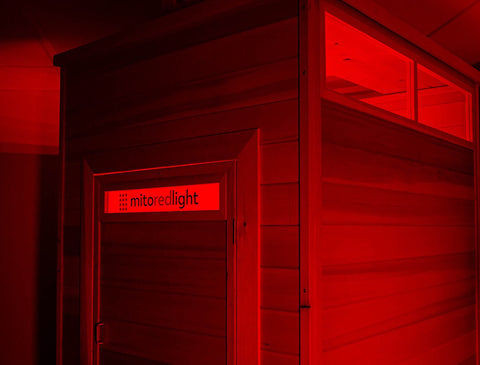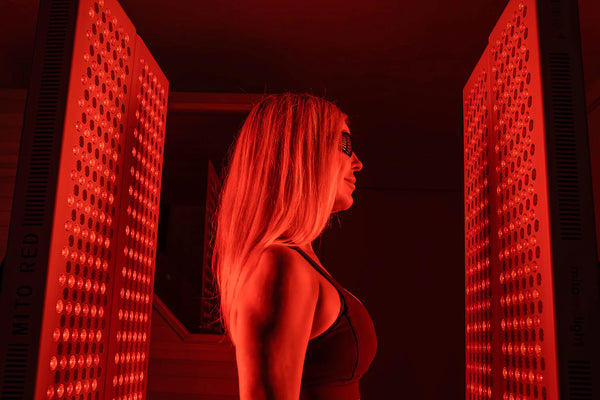Autogenous bone grafts are used to repair bone defects, and the stabilization is needed for bone regeneration. Laser photobiomodulation is a modality of treatment in clinical practice for tissue regeneration, and it has therapeutic effects as an anti-inflammatory, analgesic and modulating cellular activity. The aim of the present study was to evaluate the effects of low-level laser therapy (LLLT) on an autogenous bone graft integration process stabilized with a new heterologous fibrin sealant. Forty rats were divided into two groups: Autogenous Fibrin Graft (AFG, n=20), in which a 5mm dome osteotomy was conducted in the right parietal bone and the graft was adhered to the left side using fibrin sealant; and Autogenous Fibrin Graft Laser (AFGL, n=20), which was subjected to the same procedures as AFG with the addition of LLLT. The treatment was performed immediately following surgery and then three times a week until euthanasia, using an 830nm laser (30mW, 6J/cm(2), 0.116cm(2), 258.6mW/cm(2), 2.9J).




















